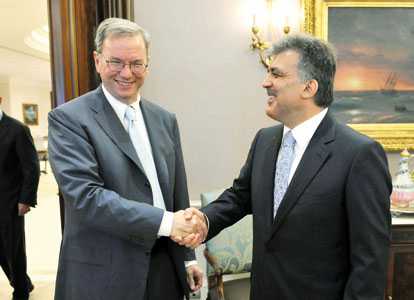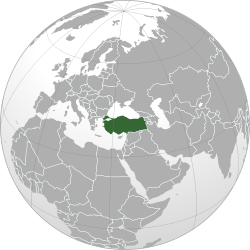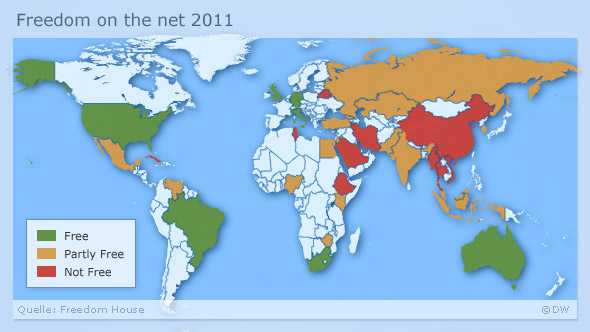Turkey’s battle to control Internet content within its borders continues to escalate. The government recently arrested 32 people accused of attacking state websites. Concerns are growing over Internet freedom in Turkey as the government proposes rules for a compulsory filtering of the Internet.
The internationally based Internet hackers’ group “Anonymous” declared Turkish state websites a target because of government proposals to introduce a filtering of the Internet.
Despite the group’s efforts, Turkish authorities appeared ready for last week’s attack, saying it only had a limited effect. And, within days, police had arrested 32 people, nine of which were minors.
Noyan Ayan, technology editor of the Turkish news channel NTV/MSNBC, said the arrests sent a powerful message. “I don’t think they really want to prosecute them, send them to the jail for, say, a year. I don’t think they want to do that, at this stage. They want to create a small trauma, and just to make a warning to society. It’s a message,” he said.
The attack was in protest of the Turkish Telecommunications Directorate’s plan to introduce compulsory filters of the Internet on August 22nd. Ostensibly the measure is aimed at protecting children. Users would have to choose between four filters that offer varying protection against what are deemed obscene sites.
Yaman Akdeniz, an Internet expert at Bilgi University, says he is concerned because the sites that will be blocked will remain confidential. He also worries the filters will allow people’s use of the Internet to be monitored. “Every household user will have a profile, they will be given a username and a password, so their Internet access may be monitored from the government authorities’ side. And the decision also states that anyone who circumvents system further action may be taken,” he said.
The proposal has also caused concern internationally. Lucie Morillon is responsible for Internet freedom for France-based Reporters Without Borders. “We believe there should be a free choice for each family on what kind of filtering they want to install on their own computer. But it should not be an initiative driven by the government. Especially in a country where there are thousands of Internet sites being blocked, and there are many court cases against online journalists and people who publish online,” she said.
More than 70,000 sites are currently banned, a record for Europe. While most are pornographic, some political sites, too, are also sanctioned.
Last month, there were nationwide protests in Turkey against the proposed filters.
The European Union has also voiced concern.
In reaction to the growing pressure, the Telecommunications Directorate organized a meeting last month to meet some of its critics, but so far it has not altered its plans.
Technology expert Noyan says the current mentality behind the new controls is little different from when Turkey was ruled by the military. “We are living in a society which is conservative and computer illiterate. And this society has been ruled by people who spread fear. Whether it’s a ruling party or military juntas, they always created enemies, virtual or real. Frightening the people. Now the present government is using the same methods, their ideology is different, but their methods are the same,” he said.
The newly re-elected ruling Justice and Development Party, which has its roots in political Islam, continues to argue they have a responsibility to protect children. Turkish President Abdullah Gul this week echoed such sentiments when he met with the executive head of Google, Eric Schmidt. Schmidt was pressing Turkey for greater Internet freedom – its YouTube site was banned for more than two years. But critics say he probably faced a hard sell.
via Turkey Continues to Push for Restraints on Internet | Middle East | English.






